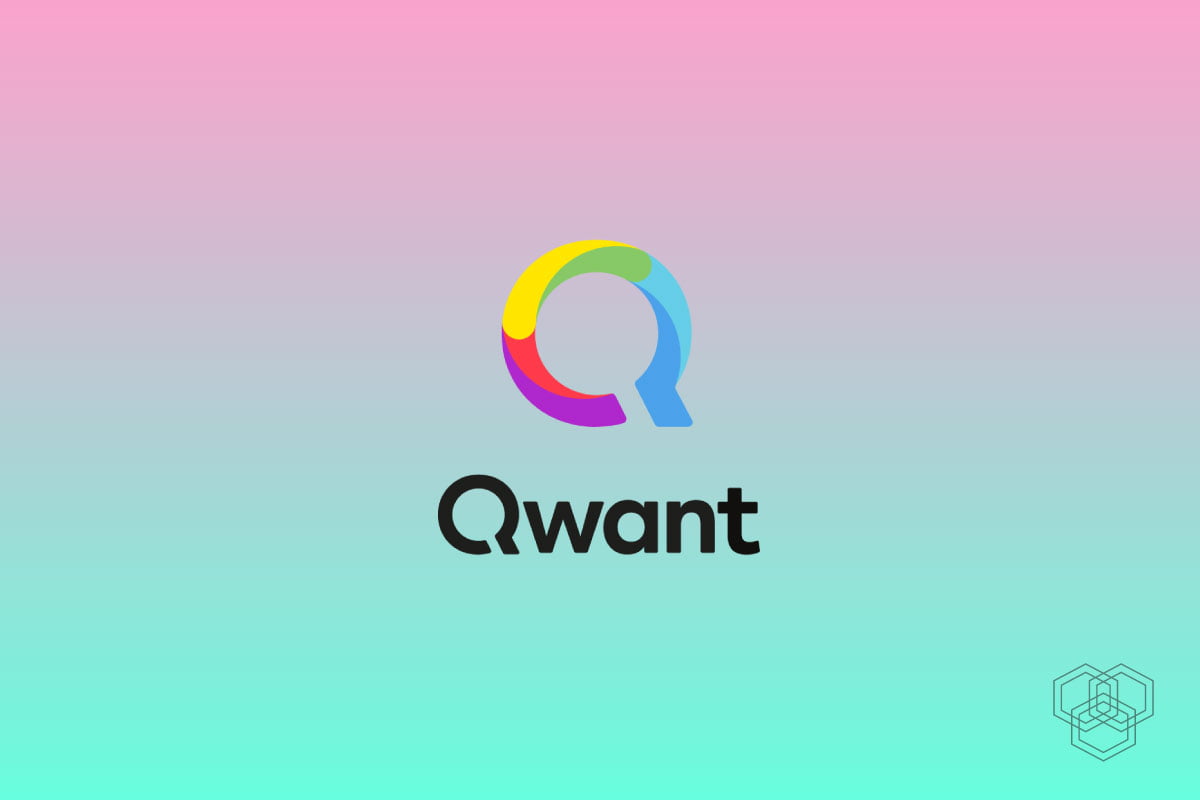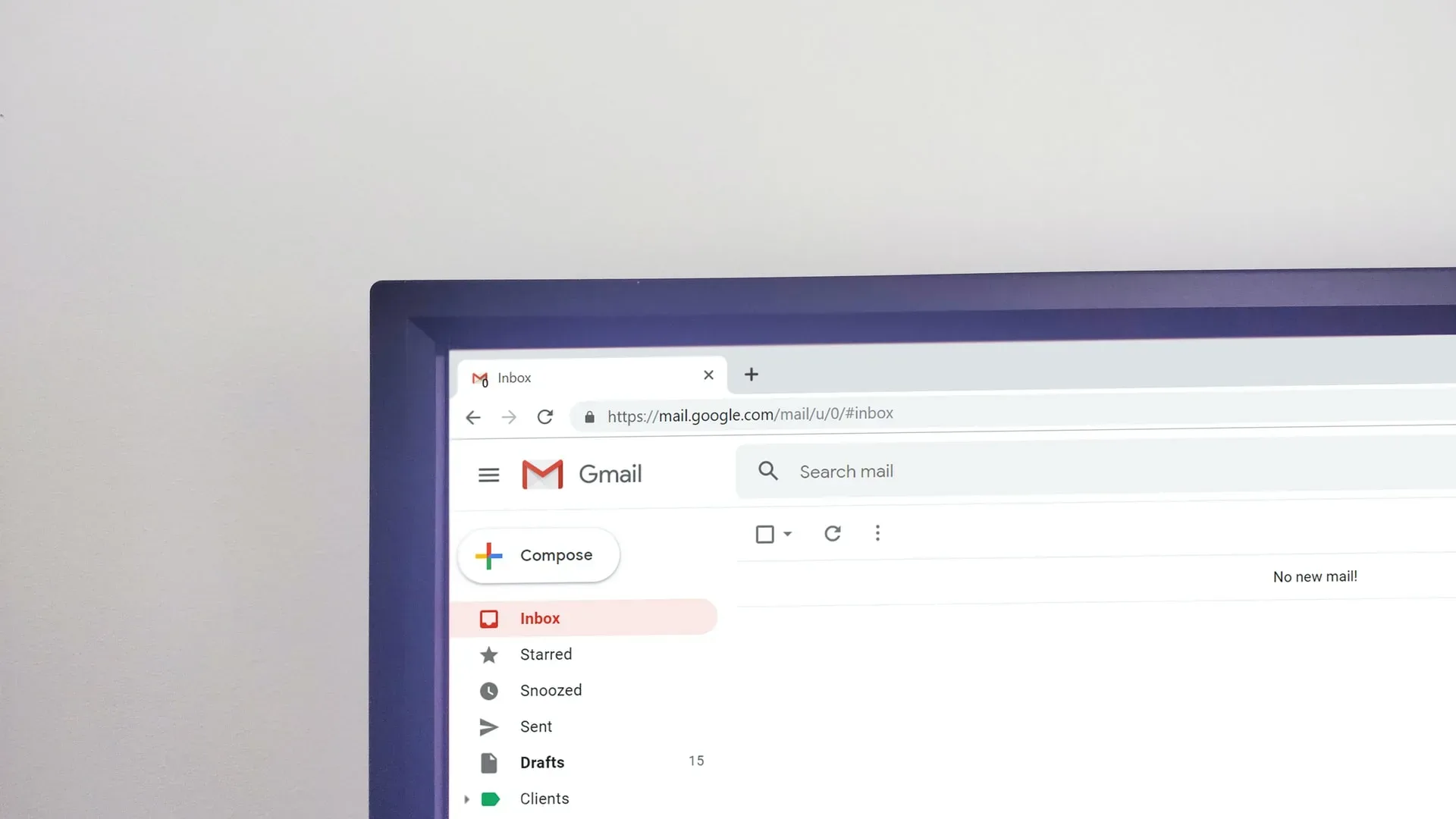Mainstream search engines like Google, Bing, and Yahoo are great at finding the answers to our queries at speed. They’re also major data collection systems, tracking the searches your IP address makes and the results you click on in order to target you through advertising space they’ve sold to their customers.
Increasingly, people are getting fed up with the prying eyes of internet search engines. Location tracking and the building of detailed user profiles are just a few of the issues that come with traditional search engines, who filter the content they show you in order to suit your perceived personal – hobbies, careers, your relationship status, gender, and age, among other things.
If you’d rather retain a feeling of privacy when you’re browsing the web, and are also conscious of the security risk that comes with mass data storage by organizations, the good news is that there are plenty of search engines now on the market who focus on private, secure browsing.
Avoid having your IP address connected to a hub of stored personal data, by trying out one of these challenger services instead.
DuckDuckGo

Probably the best known private search engine there is, DuckDuckGo serves up around 14 million searches a day from a range of sources.
Any searches made in DuckDuckGo are not connected to the IP address of the searcher making them, so while you may still see adverts, they aren’t targeted and you can feel reassured that your browsing data isn’t being passed on to third parties for a handsome fee. Unlike Google and other search engines, DuckDuckGo won’t track you when you’re in ‘incognito’ mode – or at any other time.
Also read: What Google knows about you might give you goosebumps
DuckDuckGo’s privacy policy is detailed and transparent, explaining their use of encryption and other tools to avoid search leakage and to ensure that user search histories are not personally identifiable.
StartPage

StartPage is another popular favorite, in part because it still uses Google search results – widely believed to be subject to the most effective algorithms on the web – but does so without allowing Google to log any of your user data. No information is shared with third parties, and advanced filtering options mean you can still hunt for images and videos as well as text-based content.
Laudable features of StartPage include the use of a proxy server that masks your IP address and location, a URL generator that removes the need for tracking cookies and HTTPS support that means you won’t be served results from websites with poor security.
Much like DuckDuckGo, there are still adverts on StartPage, but they are not based on your personal information or search history. Unlike Google, where many feel it can be difficult to differentiate between paid and organic search results, adverts are also very clearly highlighted and separated from other search listings on StartPage.
Alongside the search engine itself, StartPage also offers a private email system called StartMail.
SearchEncrypt

Offering news, maps and videos alongside other search results, one of SearchEncrypt’s top features is the use of Perfect Forward Secrecy or PFS. PFS is an encryption type which means that even in the event that your private key is compromised, your session key is still kept safe. That means your data stays protected.
With better default privacy than DuckDuckGo, SearchEncrypt are keen to stress that they do not track user search history in any identifiable way, that they don’t retain server logs and that they prevent ISPs from tracking user search terms and history.
Qwant

European data and privacy laws are stricter than those in the USA, which may be why this France-based search engine outdoes many competitors with its high-standard of privacy measures.
No user information can be collected non-consensually and no data is used for advertising, while Qwant also promises to prevent users from getting stuck in a ‘filter bubble’ of content targeted to their search history.
Web, news and social media can all be easily searched, and there’s a Qwant junior version aimed at children, which filters out unsafe results (such as pornography) while still protecting privacy.
Privado

Privado, as its name suggests, offers users privacy-first search using proprietary technology to maximize online search privacy and anonymity. It doesn’t store any personal information, and encrypts search terms, to ensure that a query cannot be associated back to a specific user. In case of a user leaving their search session open on the screen, Privado kills the session, to prevent others from finding what the user has searched for.
Ads you may see when searching with Privado are contextual only, which means they are not driven by any personal information, but only based on the content of the search query.
Privado is offered as an extension and add-on on Chrome, Firefox, and other browsers, and as a mobile widget.
Other measures for security and privacy online
When it comes to protecting your privacy on the internet, switching search engines is just one part of the fight. A private search engine can’t stop the sites you visit from knowing that you’ve spent time there, and they don’t protect the data that you upload and download from other parts of the web.
Two popular tools in the battle for internet privacy are VPN apps and the Tor browser. Both are designed to serve a number of functions, including heavily encrypting anything you send and receive online, concealing your IP address and location from any site you visit and helping you to avoid digital censorship.
Each of these works by passing your web traffic through additional servers, but VPNs will typically allow you faster browsing speeds as they reroute your connection through just one alternate location in order to anonymize your identity and circumnavigate geo-restrictions. The Tor browser will divert your connection through a whole range of locations, making it incredibly private, but also causing slow response times.
Also read: Google also has a data-collecting app, just like Facebook
In either case, you can visit websites safe in the knowledge that you’re doing so without leaving a traceable footprint, meaning no spammy targeted ads and no data collection.





Awesome site, thanks for sharing this blog
DuckDuckGo does save your search inquiry (even though they kept denying it) . CEO Gabriel first project was names database, that stored users everything with Out letting users know then sold project with all the data to classmates.com for $10M Cash. Also you get a Bing ID tag to follow you everywhere.
Qwant can’t find a good answer to search then they send it over to Microsoft Ireland along with your IP address, ISP strings and other ID capable info. And you get a Bing ID tag.
Search Encrypt is owned by a Chinese ads company and basically it doesn’t do what it’s claiming to do except collect your data for the Chinese Ads company. Also a copycat engines called Ghost peek is basically the same engine.